Diverse paths telecommunications engineer, network specialist, research scientist. Industries value your skills for expanding global connectivity. Shape the future by advancing communication technology and connectivity solutions.
Career & Job Opportunities after M.Tech in Electronics and Telecommunications Engineering
Completing an M.Tech program in Electronics and Telecommunications Engineering opens up a plethora of exciting career opportunities across various industries. Electronics and telecommunications engineers are in high demand due to their expertise in designing, developing, and maintaining electronic systems and communication networks. In this section, we'll explore the diverse career options available to M.Tech graduates and provide strategies for maximizing job opportunities in the field.
Career Opportunities after M.Tech in Electronics and Telecommunications Engineering
Telecommunications Engineer: Telecommunications engineers design and maintain communication systems, including mobile networks, internet infrastructure, and satellite communication systems.
Network Engineer: Network engineers are responsible for planning, implementing, and managing data networks, ensuring efficient and secure data transmission.
RF Engineer: RF (Radio Frequency) engineers specialize in the design and optimization of wireless communication systems, including cellular networks and wireless technologies.
Embedded Systems Engineer: Embedded systems engineers work on the development of embedded hardware and software used in devices like IoT sensors, automotive systems, and medical devices.
Telecom Software Developer: These professionals create software applications and solutions tailored to the telecommunications industry, including network management and communication software.
Cybersecurity Analyst: Cybersecurity analysts protect communication networks and data from cyber threats, ensuring the integrity and confidentiality of information.
Research and Development Engineer: R&D engineers focus on research projects to develop new technologies, improve existing products, and innovate in various industries.
IoT Specialist: IoT specialists design and implement solutions for the Internet of Things, connecting devices and systems for data collection and analysis.
Data Scientist: Data scientists analyze and interpret large datasets to extract valuable insights, making them crucial in data-driven industries.
Satellite Engineer: Satellite engineers are involved in the design, development, and maintenance of satellite systems for communication and navigation.
Autonomous Vehicle Engineer: Engineers in this field work on the development of autonomous vehicles, including self-driving cars, drones, and unmanned aerial vehicles (UAVs).
Telemedicine Specialist: Telemedicine specialists develop technologies and systems for remote medical consultations, diagnosis, and treatment.
Renewable Energy Engineer: Engineers in this domain focus on integrating electronics and telecommunications into renewable energy systems, optimizing energy production and distribution.
Entrepreneur: Those with an entrepreneurial spirit can start their own electronics and telecommunications technology companies or consultancies.
Strategies for Maximizing Job Opportunities
Networking: Build a professional network by attending industry events, and conferences, and joining relevant online forums and LinkedIn groups.
Internships and Projects: Gain practical experience through internships, research projects, and hands-on activities during your M.Tech program.
Certifications: Consider obtaining certifications in areas such as networking, cybersecurity, or specialized telecommunications technologies to enhance your qualifications.
Soft Skills: Develop strong communication, teamwork, and problem-solving skills, as these are highly valued in engineering roles.
Resume Optimization: Tailor your resume to highlight your projects, internships, and relevant skills to stand out to potential employers.
Job Portals: Regularly search job portals and company websites for job openings in your field of interest.
Mentorship: Seek mentorship from experienced professionals in your chosen career path to gain insights and guidance.
By implementing these strategies and leveraging the skills and knowledge gained during your M.Tech program, you can maximize your job opportunities and contribute to the ever-evolving field of Electronics and Telecommunications Engineering. Your expertise has the potential to drive technological advancements, improve communication, and shape the future of global connectivity.
 2 Years
2 Years
 Post Graduate
Post Graduate
 Engineering
Engineering
 Full Time
Full Time
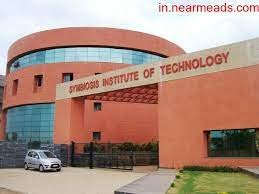
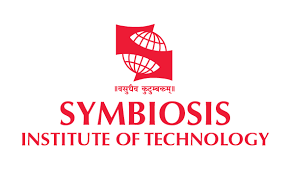




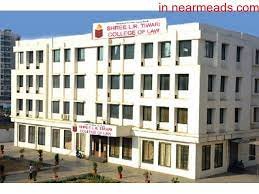
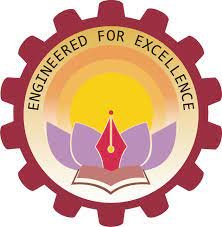



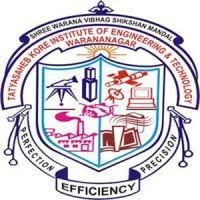







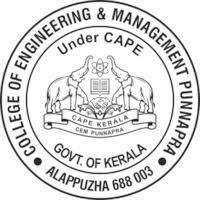

 back
back

